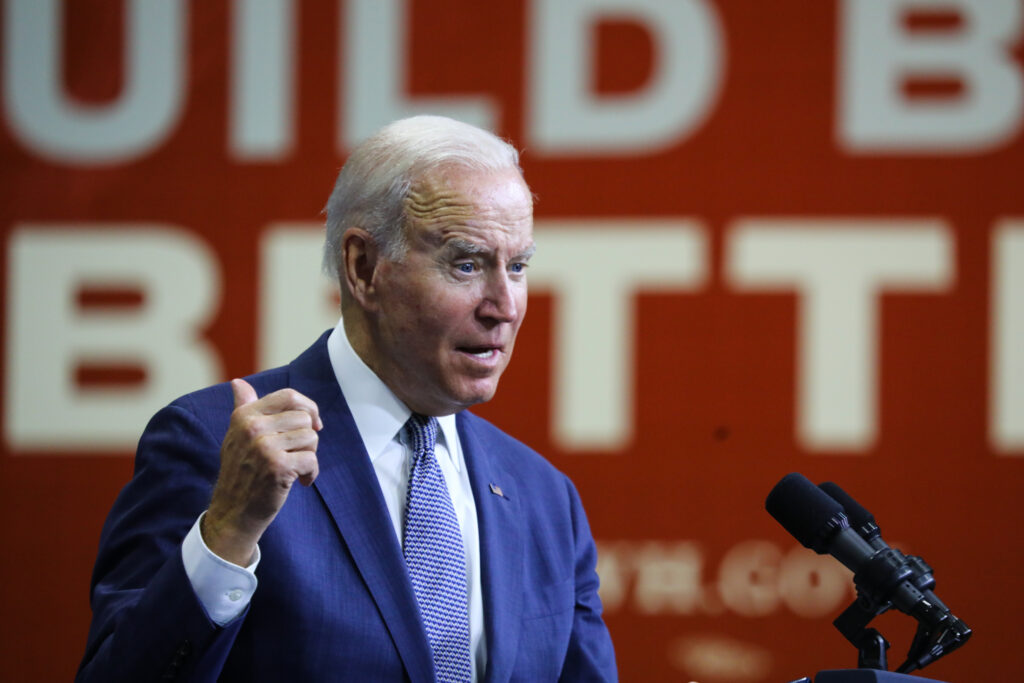Shoppers and diners in Chicago and surrounding Cook County, Illinois received a temporary reprieve October 1 when the Cook County board delayed a vote to more than triple the county’s share of the region’s sales tax.
The proposal to take the Cook County sales tax from .75 percent to 2.75 percent never came up for a vote because its sponsors realized it would have gone down to defeat. If approved it would have given Chicago a total sales tax rate of 11 percent, believed to be the highest in the United States.
Cook County Board President Todd Stroger and other tax hike supporters decided to wait at least two weeks to address the matter. The two weeks presumably were to be spent twisting the arms of recalcitrant county board members.
The new 11 percent sales tax would come on top of a special restaurant tax that funds Chicago’s McCormick Place and Navy Pier, for a total tax of 12 percent on restaurant meals and beverages in downtown Chicago.
Backed by Unions
An hours-long hearing with dozens of witnesses testifying for and against the proposed sales tax hike made the battle lines clear: Government workers in favor; businesspeople, restaurant owners, and consumers opposed.
“I think it was shortsighted,” Stroger told reporters after deciding to delay the vote because his own private tally showed the measure coming up one vote short of passage.
“Right off the bat we know there are some people who aren’t going to vote for anything, just because it’s political and they have a political agenda of their own,” Stroger continued. “I think they have to look at their constituents and say, as Commissioner Deborah Sims said, ‘Is it good for the system? Is it good for the whole county?’ I’m up here trying to work for the whole county.”
‘Taxed to Death’
Commissioner Tony Peraica (R) scoffed at the notion the tax hike would benefit the whole county.
“I think these tax hikes all are unnecessary, counterproductive, and would harm low-income consumers who must purchase necessities,” Peraica said. “I find it ironic that as people [in county government] claim to want to protect the working poor and indigent, they are looking for ways to tax them to death.”
Peraica noted Cook County doubled its cigarette tax to $2 a pack in 2006 and has come up millions of dollars below revenue projections because smokers have cut consumption or are buying cigarettes outside the county. He said the same thing could happen with a higher sales tax that prompts people to shop outside the county.
Tax Take: $750 Million
The Stroger administration estimates the sales tax hike would bring in another $750 million a year for the county, which has a budget of $3.1 billion. The administration also estimates a budget deficit of about $307 million for the fiscal year that begins December 1, but it has not submitted a budget.
That upset some commissioners who complained about being asked to consider a huge tax hike without seeing a budget.
Commissioner Forrest Claypool (D), a strong opponent of the tax hike, said, “I think we needed to have an open debate in the light of day, and shoot this tax down on its merits. Unfortunately we didn’t have that real debate today.”
Strong-Arm Tactics
Commissioner Roberto Maldonado (D), whose swing vote could be enough to pass the sales tax hike, summoned reporters to his office to complain about what he described as a threat to rescind an ordinance that grants “sanctuary” status for illegal immigrants in Cook County unless he supports the tax hike.
“I am offended by their tactics,” Maldonado said. “I was dealing with them in good faith, as I thought they were dealing with me in good faith. … Now I don’t trust them. Absolutely, I have no trust in this administration.”
Commissioner John Daley (D), a Stroger ally, serves as chairman of the Cook County Board’s Finance Committee. He is also the brother of Chicago Mayor Richard M. Daley. Mayor Daley’s office did not return calls for comment on the possibility the city would have the highest sales tax in the nation.
Steve Stanek ([email protected]) is managing editor of Budget & Tax News and a research fellow at The Heartland Institute.




